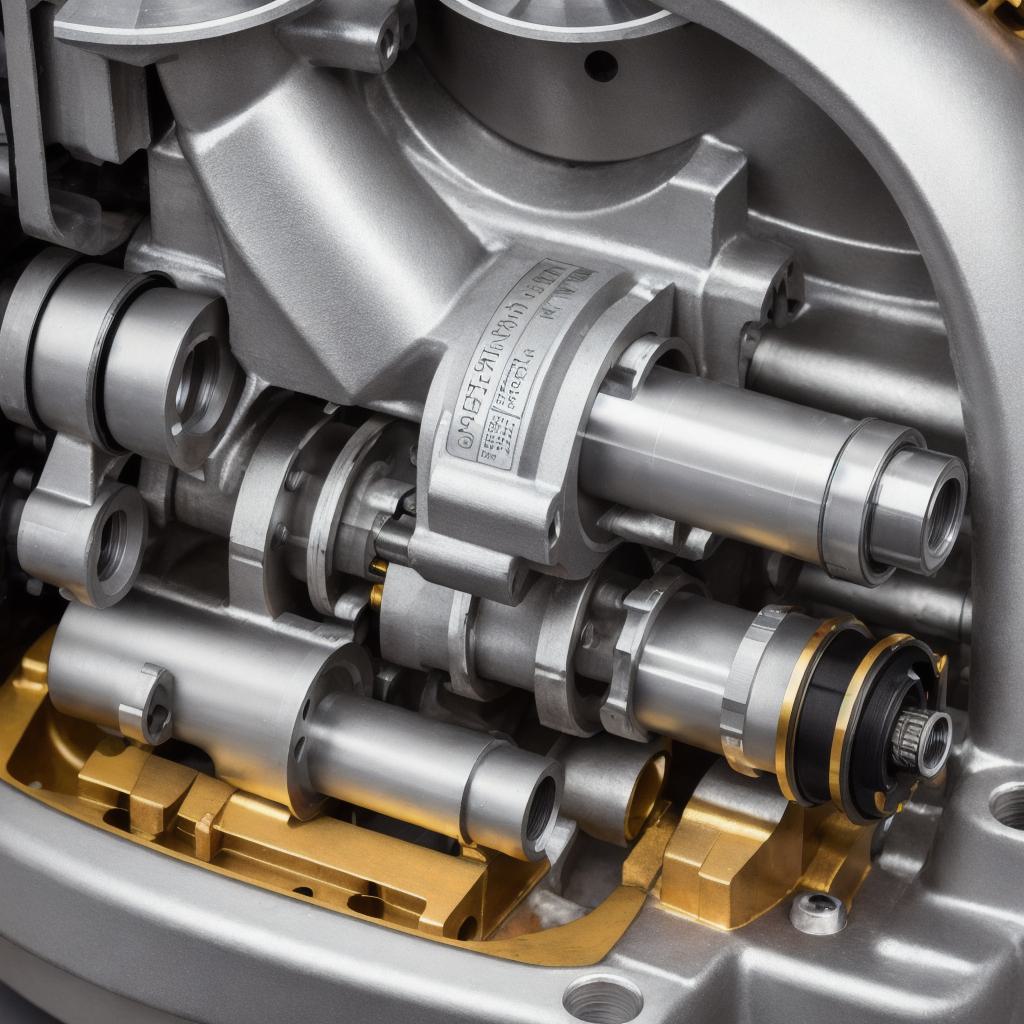Hydraulic systems are essential for many machines and equipment, from cars and trucks to heavy machinery and industrial equipment. However, if the hydraulic system is not properly primed, it can lead to leaks, inefficiencies, and even complete failure. In this article, we will explore everything you need to know about how to properly prime a hydraulic system, including the benefits of priming, the different types of fluids, and best practices for maintenance and troubleshooting.
The Benefits of Priming
Priming a hydraulic system has several benefits, including:
- Increased efficiency – When properly primed, the fluid can flow smoothly through the system, reducing resistance and increasing efficiency. This can lead to significant cost savings over time, as less energy is required to run the machine or equipment.
- Improved performance – A well-primed hydraulic system will operate at peak performance, ensuring that the machine or equipment performs optimally in all conditions.
- Reduced downtime – By preventing leaks and other issues, proper priming can help reduce downtime caused by maintenance or repairs. This can be particularly important for businesses that rely on their machinery to keep operations running smoothly.
The Different Types of Fluids
There are several types of fluids that can be used in hydraulic systems, including:

- Mineral oil – This is the most commonly used fluid in hydraulic systems. It is known for its durability and ability to withstand high temperatures.
- Synthetic fluids – These are made from synthetic materials and are designed to be more resistant to corrosion and wear than mineral oil. They also have a higher viscosity, which can help improve the efficiency of the system.
- Glycol-based fluids – These fluids are often used in systems that require a high level of lubrication or where mineral oil is not suitable. They are known for their excellent anti-corrosive properties and ability to withstand extreme temperatures.
- Water-based fluids – These fluids are often used in systems that do not require a high level of lubrication, such as water pumps and valves. They are also environmentally friendly and can be easily recycled.
Best Practices for Maintenance and Troubleshooting
To ensure the longevity and efficiency of your hydraulic system, it is important to follow best practices for maintenance and troubleshooting. These include:
- Regular maintenance – It is essential to perform regular maintenance on your hydraulic system to prevent leaks, corrosion, and other issues. This includes changing the fluid regularly, cleaning the system, and checking for any signs of wear or damage.
- Use high-quality parts – When replacing parts in your hydraulic system, it is important to use high-quality components that are designed to last. This can help prevent leaks and other issues down the line.
- Follow manufacturer recommendations – It is essential to follow the manufacturer’s recommendations for maintenance and troubleshooting. This will ensure that your system is operating optimally and safely.
- Keep the fluid clean – It is important to keep the hydraulic fluid clean to prevent contamination and corrosion. This includes using filters, draining the system regularly, and following proper cleaning procedures.
Real-Life Examples of Hydraulic System Maintenance
One real-life example of a hydraulic system maintenance issue is leaks.



